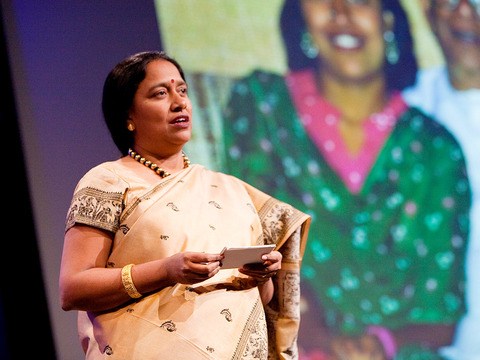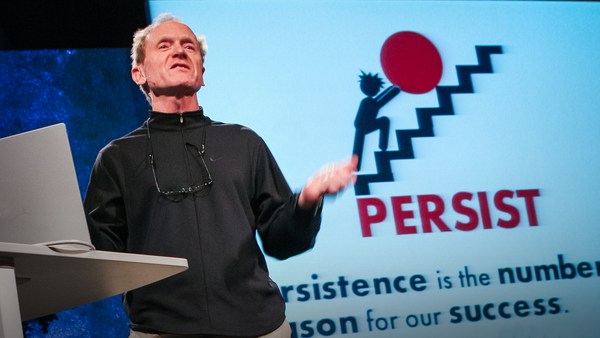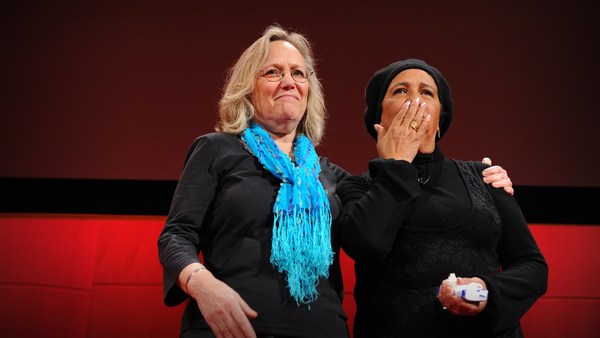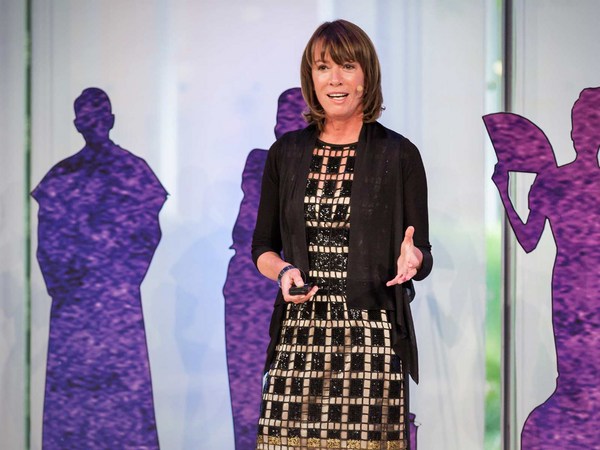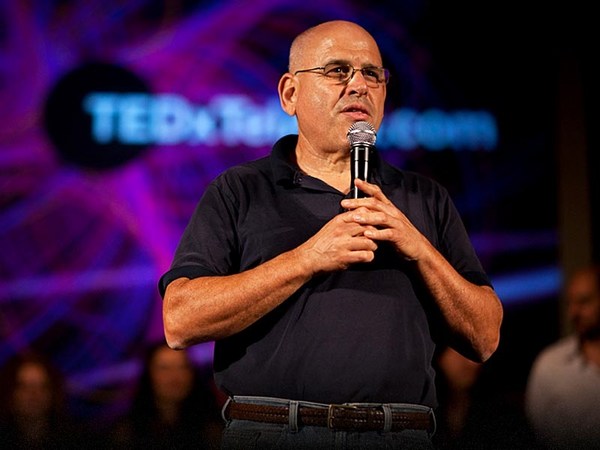Hi. I'm here to talk to you about the importance of praise, admiration and thank you, and having it be specific and genuine.
And the way I got interested in this was, I noticed in myself, when I was growing up, and until about a few years ago, that I would want to say thank you to someone, I would want to praise them, I would want to take in their praise of me and I'd just stop it. And I asked myself, why? I felt shy, I felt embarrassed. And then my question became, am I the only one who does this? So, I decided to investigate.
I'm fortunate enough to work in the rehab facility, so I get to see people who are facing life and death with addiction. And sometimes it comes down to something as simple as, their core wound is their father died without ever saying he's proud of them. But then, they hear from all the family and friends that the father told everybody else that he was proud of him, but he never told the son. It's because he didn't know that his son needed to hear it.
So my question is, why don't we ask for the things that we need? I know a gentleman, married for 25 years, who's longing to hear his wife say, "Thank you for being the breadwinner, so I can stay home with the kids," but won't ask. I know a woman who's good at this. She, once a week, meets with her husband and says, "I'd really like you to thank me for all these things I did in the house and with the kids." And he goes, "Oh, this is great, this is great." And praise really does have to be genuine, but she takes responsibility for that. And a friend of mine, April, who I've had since kindergarten, she thanks her children for doing their chores. And she said, "Why wouldn't I thank it, even though they're supposed to do it?"
So, the question is, why was I blocking it? Why were other people blocking it? Why can I say, "I'll take my steak medium rare, I need size six shoes," but I won't say, "Would you praise me this way?" And it's because I'm giving you critical data about me. I'm telling you where I'm insecure. I'm telling you where I need your help. And I'm treating you, my inner circle, like you're the enemy. Because what can you do with that data? You could neglect me. You could abuse it. Or you could actually meet my need.
And I took my bike into the bike store-- I love this -- same bike, and they'd do something called "truing" the wheels. The guy said, "You know, when you true the wheels, it's going to make the bike so much better." I get the same bike back, and they've taken all the little warps out of those same wheels I've had for two and a half years, and my bike is like new. So, I'm going to challenge all of you. I want you to true your wheels: be honest about the praise that you need to hear. What do you need to hear? Go home to your wife -- go ask her, what does she need? Go home to your husband -- what does he need? Go home and ask those questions, and then help the people around you.
And it's simple. And why should we care about this? We talk about world peace. How can we have world peace with different cultures, different languages? I think it starts household by household, under the same roof. So, let's make it right in our own backyard. And I want to thank all of you in the audience for being great husbands, great mothers, friends, daughters, sons. And maybe somebody's never said that to you, but you've done a really, really good job. And thank you for being here, just showing up and changing the world with your ideas.
Thank you. (Applause)

